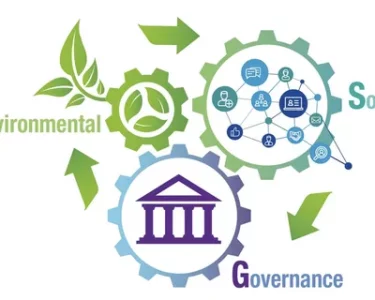Brussels – The ambitious green agenda of Brussels has hit a major roadblock as political pushback from member states threatens to undermine the European Union’s (EU) commitment to combating climate change and achieving carbon neutrality. The clash between environmental objectives and national interests has ignited a fierce debate, casting doubts on the EU’s ability to deliver on its green promises.
At the heart of the issue is the EU’s proposed package of climate policies, known as the European Green Deal, which aims to transform the bloc’s economy into a sustainable, low-carbon model. The deal includes targets for reducing greenhouse gas emissions, promoting renewable energy, and fostering green innovation.
However, several member states, including those heavily reliant on fossil fuels and those concerned about the economic impact of the transition, have raised objections, pushing back against what they perceive as Brussels’ overreach. Critics argue that the Green Deal’s ambitious targets are unfeasible and risk putting an excessive burden on their economies.
One of the main sticking points is the proposed carbon border tax, designed to protect European industries from unfair competition from countries with lax environmental regulations. While environmentalists applaud this measure as a crucial step towards creating a level playing field, opponents view it as protectionism that could escalate trade tensions and harm international relations.
The division among member states has intensified as negotiations on the Green Deal continue. Countries such as Poland, which heavily relies on coal for its energy needs, fear that an abrupt transition to renewable sources will cause massive job losses and economic upheaval. Meanwhile, other nations, like Denmark and Sweden, are pushing for even more ambitious targets, emphasizing the urgency of combating climate change.
The European Commission, led by President Ursula von der Leyen, finds itself navigating treacherous waters as it attempts to balance competing interests within the bloc. Achieving a unanimous agreement among 27 member states is a daunting task, and concessions may be necessary to secure the necessary support.
Nevertheless, critics argue that watering down the ambitious targets of the Green Deal would undermine the EU’s leadership in global climate action and jeopardize the planet’s future. Environmental organizations and activists are closely monitoring the negotiations, urging Brussels not to compromise on the urgency of climate action.
In the coming weeks, all eyes will be on Brussels as the EU attempts to find common ground and bridge the gap between competing interests. The outcome of these negotiations will not only shape the bloc’s environmental policies but also send a powerful message to the rest of the world about the EU’s commitment to combatting climate change.
As the clock ticks, the political pushback against Brussels’ green agenda puts its ambitious plans at risk. The EU must navigate a delicate balance, ensuring that the interests of member states are respected while upholding its commitments to a sustainable future. The world waits to see whether the EU will emerge as a beacon of climate leadership or succumb to the pressures of political discord.




